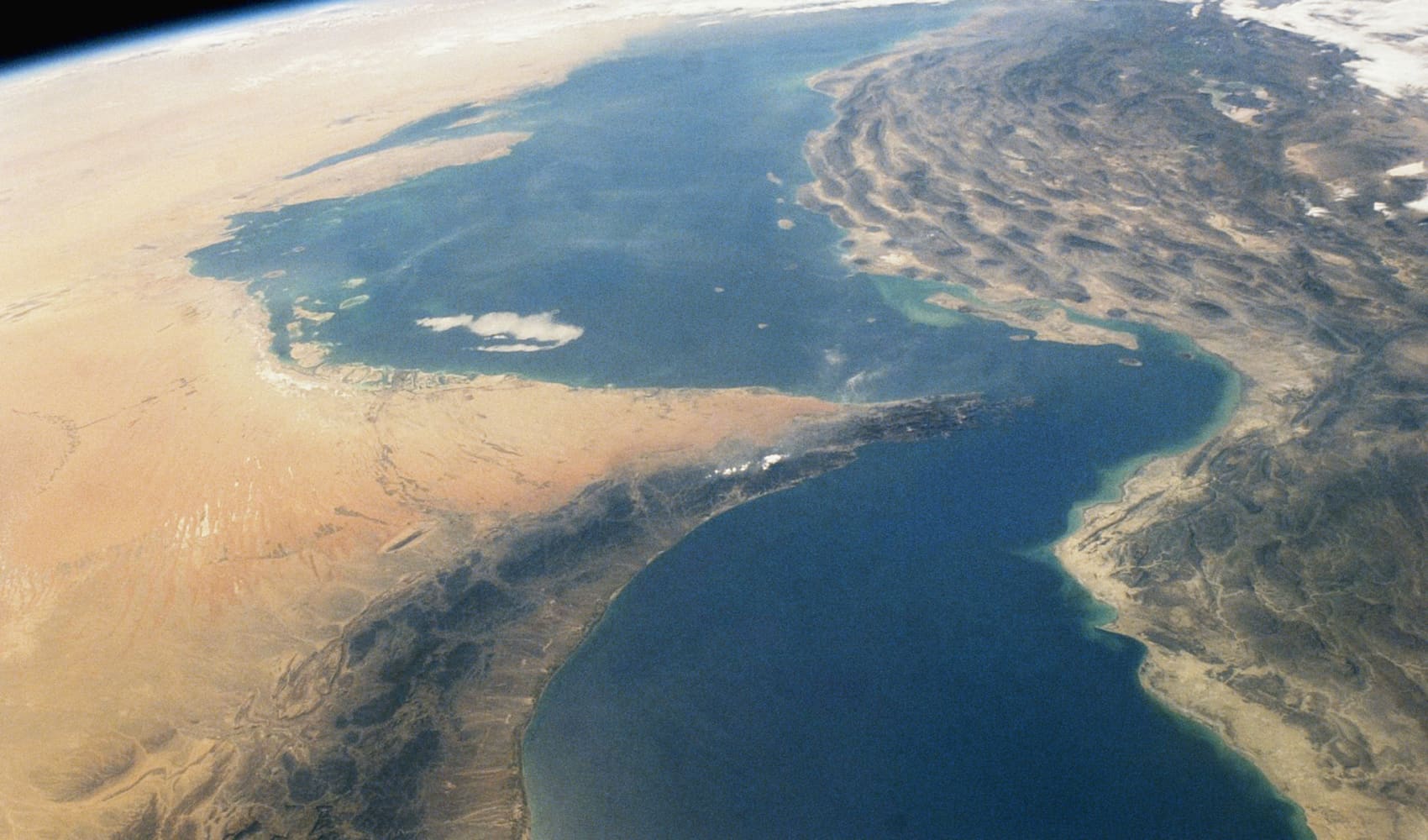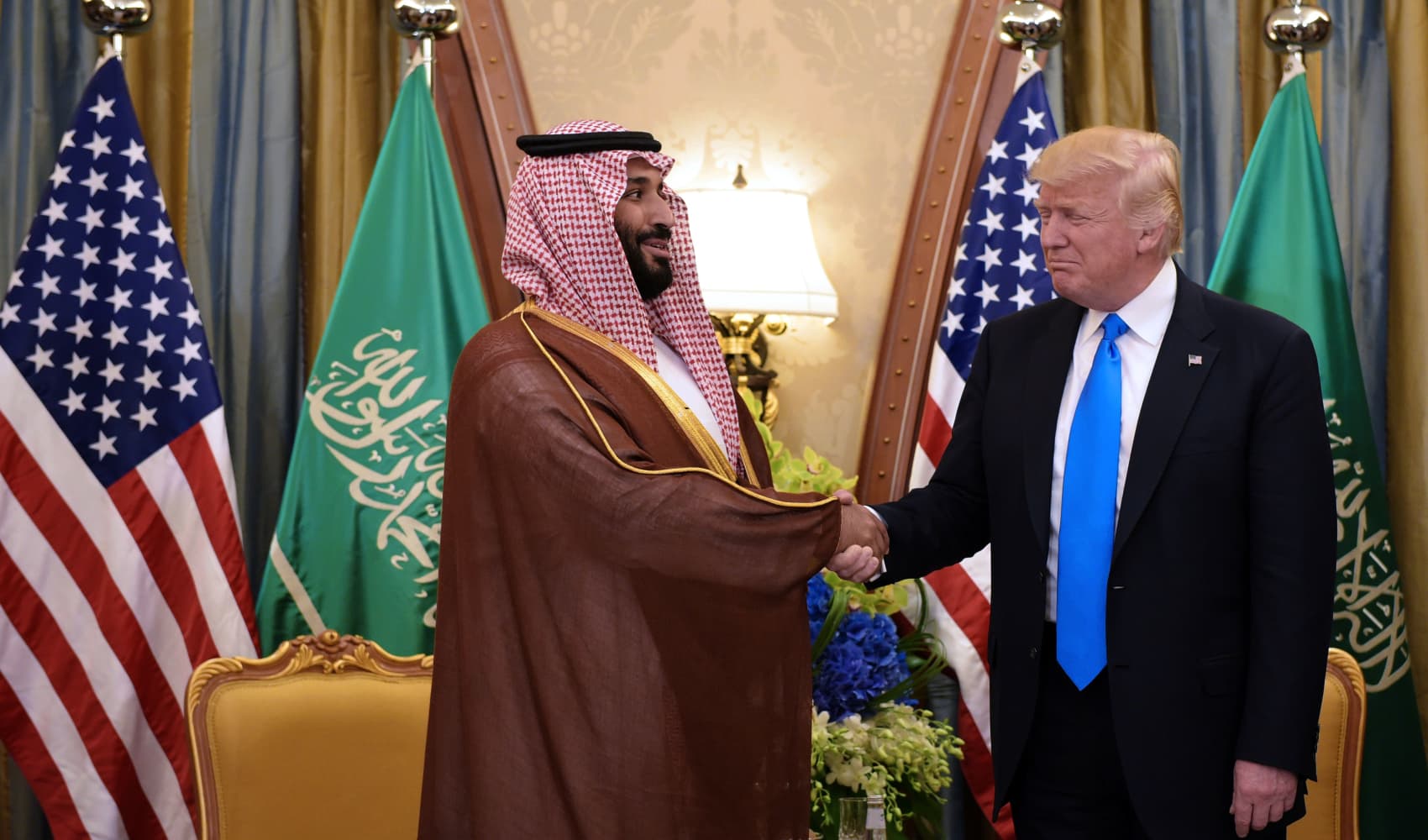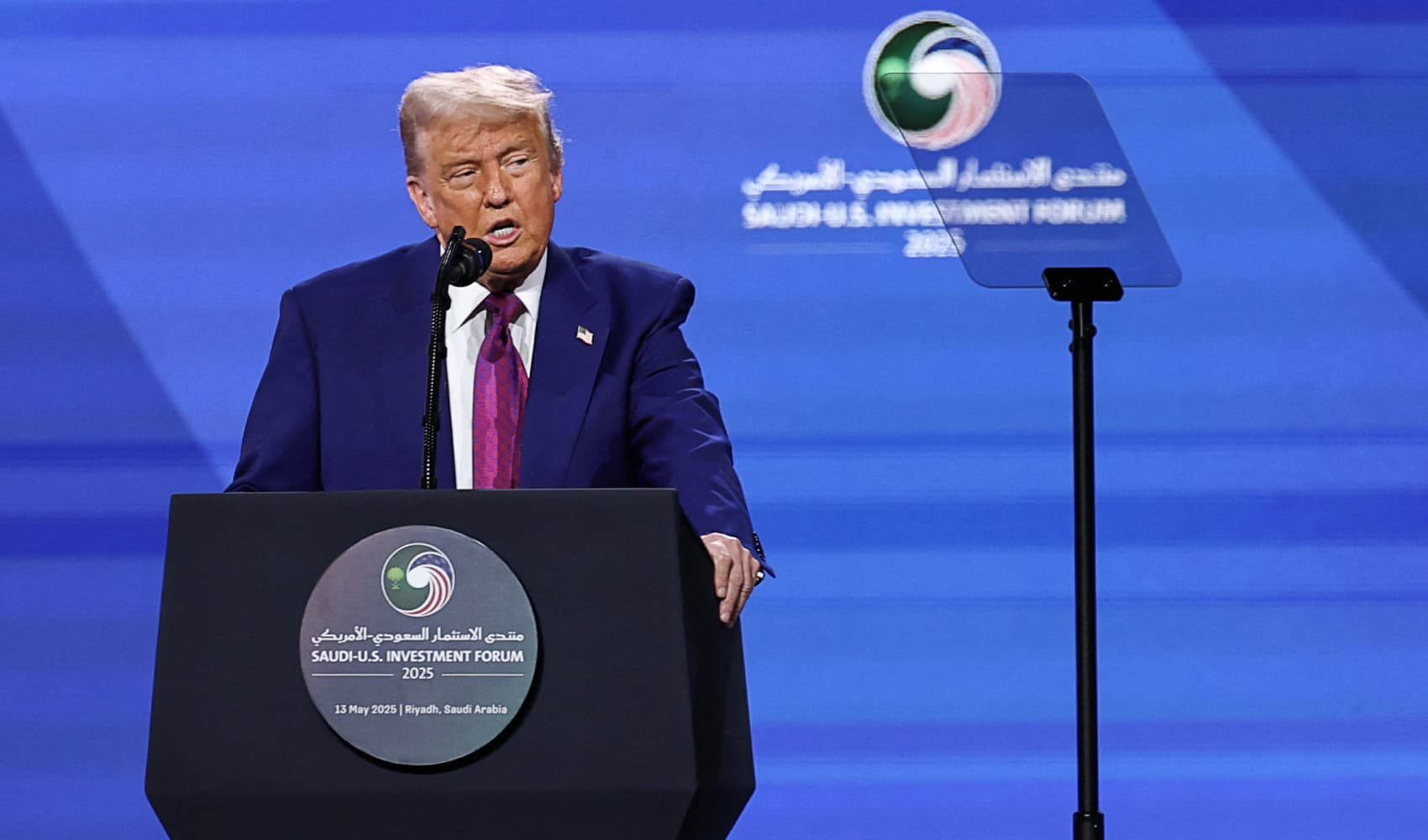Rename? Trump's Plan to Call Persian Gulf Arabian Gulf
Controversy Brews: Trump to Rename Persian Gulf "Arabian Gulf"?
Introduction: Stirring the Pot in the Middle East
Imagine dropping a pebble into a perfectly still pond. The ripples spread outwards, affecting everything in their path. Now, imagine that pebble is a controversial decision about a geographical name, and the pond is the already complex and sensitive political landscape of the Middle East. That's precisely what's happening as reports suggest the Trump administration, during a planned visit, was considering officially adopting the term "Arabian Gulf" to refer to the body of water predominantly known as the Persian Gulf. This move, according to The Associated Press, citing unnamed U.S. officials, was poised to ignite a firestorm of debate and potentially exacerbate existing tensions. But why is a simple name change such a big deal?
The History of a Name: A Centuries-Old Dispute
The body of water in question has been called the Persian Gulf for centuries, reflecting the historical dominance of the Persian Empire in the region. However, many Arab countries prefer the term "Arabian Gulf" or "Gulf of Arabia," asserting their own historical and cultural connections to the area. This naming dispute is far from new; it's a simmering conflict that reflects deeper geopolitical rivalries and national identities. Think of it as a constant tug-of-war over historical ownership and cultural pride.
Google Maps, Apple Maps, and the Media: A Confusing Landscape
The digital world reflects this real-world dispute. Google Maps attempts to navigate the controversy by labeling the region "Persian Gulf (Arabian Gulf)." Apple Maps, along with major U.S. news outlets like NBC News and The Associated Press, predominantly use the term "Persian Gulf." This inconsistency highlights the delicate balance involved in navigating this sensitive issue. It's like trying to walk a tightrope while juggling flaming torches.
Iran's Strong Reaction: Threatening Legal Action
Iran, understandably, takes a strong stance on the issue. In 2012, the country even threatened to sue Google for not naming the body of water at all on its maps. This demonstrates the importance Iran places on maintaining the historical and cultural significance of the "Persian Gulf" designation. For Iran, it's a matter of national pride and historical validation.
Trump's Middle East Visit: A Strategic Time for the Announcement?
The reports indicated that the Trump administration planned to make this announcement during a Middle East visit scheduled for May 13 to 16. The timing is significant. Was it a deliberate attempt to curry favor with Arab Gulf leaders? Or was it a calculated move to further isolate Iran? The motivations behind this potential decision are complex and shrouded in political maneuvering.
H3: The Implications for U.S.-Iran Relations
Such a move would undoubtedly strain relations between the U.S. and Iran even further. The already fragile diplomatic ties could be pushed to the breaking point. It's akin to pouring gasoline on an already raging fire.
H3: The Potential Impact on U.S.-Arab Gulf Relations
On the other hand, the announcement could be seen as a gesture of goodwill towards Arab Gulf states, strengthening alliances and reinforcing U.S. commitment to the region. However, the long-term consequences need careful consideration.
The Unnamed Sources: Why the Secrecy?
The fact that the information was attributed to unnamed U.S. officials raises questions about the administration's strategy. Was this a deliberate leak to gauge public reaction? Or was it an attempt to put pressure on other parties involved? The cloak of secrecy adds another layer of complexity to the situation.
H3: What Does "Official" Designation Really Mean?
What exactly does it mean for the U.S. to "officially" call the Persian Gulf the Arabian Gulf? Would this be reflected in all official government documents? Would it impact U.S. foreign policy towards the region? The practical implications of such a decision are significant.
The Arab World's Perspective: A Victory for Cultural Recognition?
For many in the Arab world, officially recognizing the term "Arabian Gulf" would be seen as a long-overdue acknowledgement of their historical and cultural ties to the region. It's a matter of identity and belonging. It's like finally being given a seat at the table after years of being an outsider.
H3: The Potential for Misinterpretation and Escalation
However, even within the Arab world, there may be varying opinions on the issue. Some might see it as a symbolic victory, while others may be more concerned about the potential for escalation with Iran. A unified Arab response is far from guaranteed.
The International Community's Reaction: A Divided World?
The international community is likely to be divided on this issue. Some countries may support the U.S. decision, while others may remain neutral or even voice opposition. This could further polarize international relations and complicate efforts to address other pressing global challenges.
H3: The Role of Media and Public Opinion
The media will play a crucial role in shaping public opinion on this issue. How the story is framed and reported will significantly impact how it is perceived by the public. The power of the media to influence perceptions cannot be underestimated.
The Economic Implications: Trade Routes and Energy Security
The Persian Gulf is a vital waterway for international trade and energy transport. Any disruption to stability in the region could have significant economic consequences. The potential for conflict arising from this naming dispute could have a ripple effect on global markets.
H3: The Impact on International Shipping
Would a change in the official U.S. designation of the body of water affect international shipping routes? Would it create confusion or uncertainty for maritime operations? The practical implications for the shipping industry need to be carefully considered.
The Long-Term Consequences: A Legacy of Division?
The decision to officially call the Persian Gulf the Arabian Gulf could have long-lasting consequences for the region and for international relations. It's a decision that could shape the geopolitical landscape for years to come. Will it be remembered as a step towards greater understanding or a catalyst for further division?
Conclusion: A Name, a Region, and a World of Implications
The potential decision by the Trump administration to officially recognize the term "Arabian Gulf" in place of "Persian Gulf" underscores the power of language and symbolism in international relations. While seemingly a minor adjustment, the change could carry significant geopolitical weight. The implications for U.S.-Iran relations, regional stability, and international perceptions are far-reaching. As with any decision impacting the delicate balance of the Middle East, a nuanced and considered approach is paramount. The reports highlight the ongoing tensions and the ever-present potential for misinterpretation and escalation in this critical region of the world. As the pebble drops, only time will tell how far the ripples will spread.
Frequently Asked Questions
- Why is there a dispute over the name of the Persian Gulf? The dispute stems from differing historical and cultural perspectives. Iran emphasizes the historical dominance of the Persian Empire, while many Arab countries assert their own historical and cultural connections to the region.
- What is the U.S.'s current policy on the name of the Persian Gulf? Major U.S. news outlets and government agencies generally use the term "Persian Gulf," although there has been no official policy mandating this usage.
- How would officially changing the name to "Arabian Gulf" affect U.S. relations with Iran? It would likely further strain already tense relations, potentially leading to diplomatic repercussions and increased regional instability.
- What are the potential benefits for Arab Gulf states if the U.S. officially adopts the term "Arabian Gulf"? It could be seen as a gesture of goodwill and recognition of their historical and cultural ties to the region, potentially strengthening alliances.
- What are the economic implications of this naming dispute? Instability in the Persian Gulf region can disrupt international trade and energy transport, leading to economic consequences for global markets.



